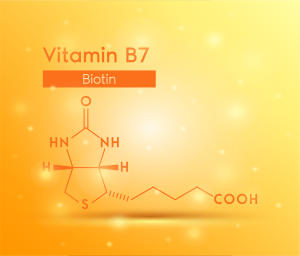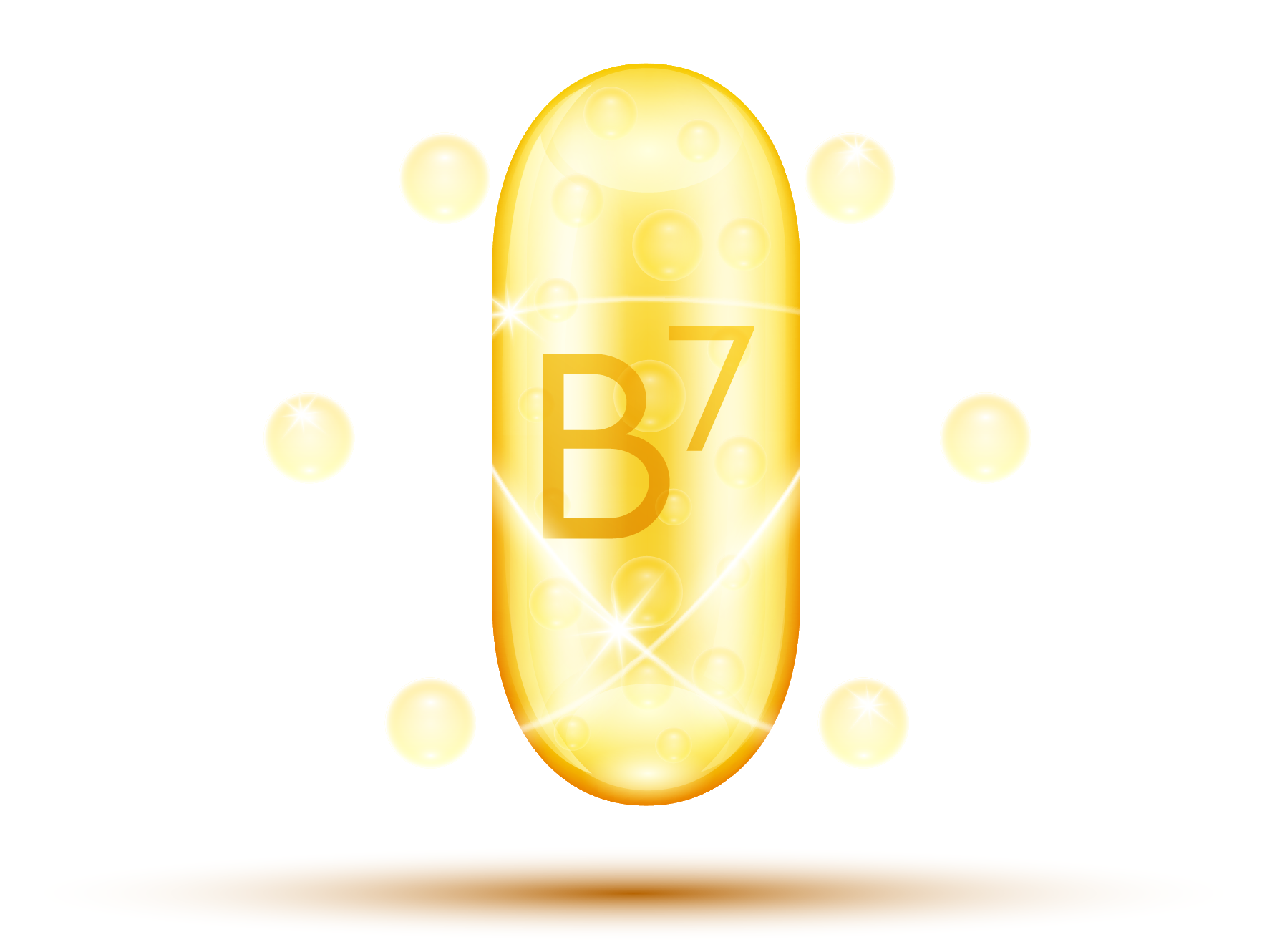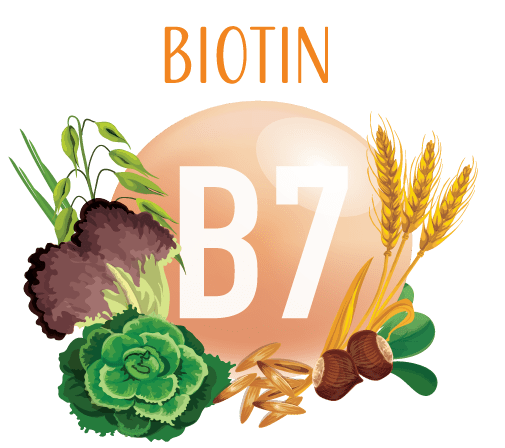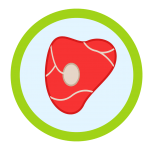Understanding Biotin and Its Importance
Vitamin B7, also known as Biotin, plays a crucial role in the body’s metabolic processes by assisting enzymes that activate reactions necessary for producing fatty acids. These fatty acids are essential for maintaining a healthy nervous system and cardiovascular health.
You need to consume Biotin regularly because the body does not store it. This is where diet and supplementation come into play. A variety of foods contain vitamin B7, and those who may not get enough from their diet can find supplements available.

Biotin also synthesizes keratin, a protein that serves as a structural component of hair, skin, and nails. Marketers often promote biotin for these benefits, which is why it receives recommendations. However, it’s important to note that while Biotin is beneficial, a balanced diet is crucial for overall health and well-being.
Biotin also plays a role in gene regulation and cell signaling. Some genetic disorders can affect the body’s ability to process Biotin properly. Therefore, understanding the sources and functions of Biotin can help consumers make informed decisions about their health and wellness.
Biotin in Foods vs. Supplementation
Biotin is present in a wide variety of foods and gut bacteria also synthesize it, although it’s unclear how much this contributes to human needs.
However, some individuals may need more Biotin from their diet. In such cases, biotin supplements are available. Vegans and vegetarians are often the target market for these products because they may have lower dietary intakes of biotin.
Biotin-Enriched Products: Difeel Biotin Shampoo and Biotin Oil
Various beauty products incorporate Biotin in addition to dietary sources and supplements. One such product is Difeel Biotin Shampoo. This shampoo nourishes the scalp and hair follicles, potentially enhancing hair health.
Another product is biotin oil. Apply this topically to the hair to add shine and reduce breakage. People often use it as a hair treatment with other hair care routines.
While these products are popular, it’s important to note that the effectiveness of topical Biotin requires more scientific research. As always, individual results may vary.
Potential Side Effects and Considerations
Even at high doses, it’s important to consider potential risks for Biotin, despite its general reputation as safe and non-toxic. For instance, if biotin supplements interfere with laboratory tests, informing healthcare providers about biotin intake is crucial.

Additionally, you should remember that over-supplementing Biotin is unnecessary and you can avoid it with a nutrient-rich diet. Always consult with a healthcare provider before starting any new supplement regimen.
Supplementation should always be considered under the guidance of a healthcare provider and under certain conditions. Remember, Biotin isn’t a magic solution, but it can be part of a holistic approach to health and wellness.
Recommended iodine intake varies by age and gender. Adults need 30 mcg, pregnant/breastfeeding women may need up to 35 mcg, and infants/children require 5-20 mcg daily.
Improving family nutrition can be done with good meal planning. Our Fuel Board has quick recipes to try. To make grocery shopping and meal prep easier, you might want to check out the FeedMeFood meal planner.




